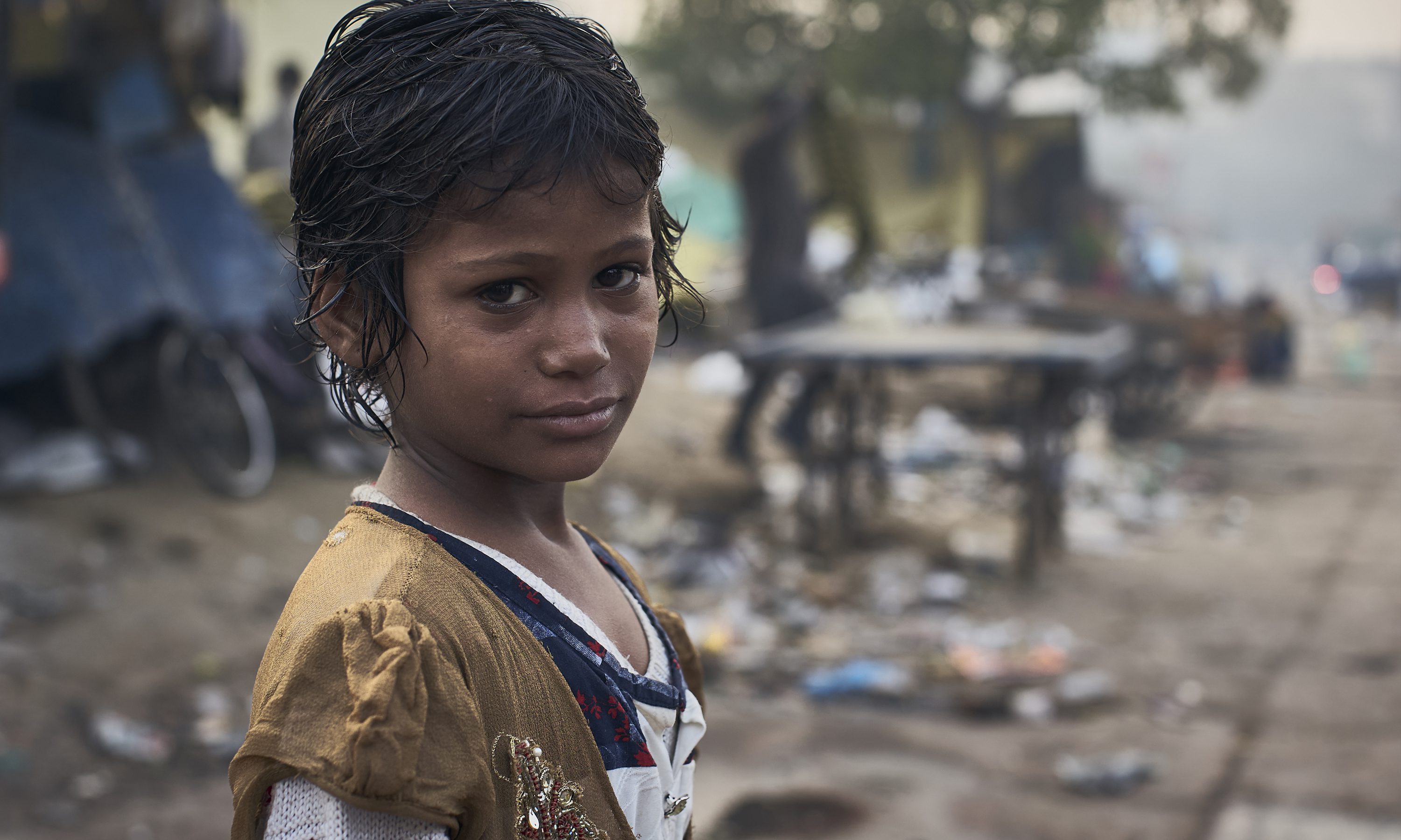A new survey of thousands of urban and rural households across India on the impact of COVID-19, has found that families are increasingly struggling to make ends meet, find employment and put food on the table. Overall, 80 percent of respondents said they could not afford day-to-day basics like food, water, electricity and gas, due to income loss. Hunger and a lack of access to food were the other top issues identified by respondents.
During relief distribution of food and hygiene kits to 900 enrolled families and most vulnerable households in districts Shravasti
Save the Children’s findings paint a stark picture for Indian households, both urban and rural:
- 84 percent of urban households lack livelihood/job opportunities (compared to 64 percent of rural households).
- 50 percent of households lack sufficient food supplies (43 percent rural; 61 percent urban).
- A quarter of households reported having no family income whatsoever.
- 45 percent of households resorted to credit/loans to meet daily expenses.
- 40 percent of households said their children did not receive support from school to study at home.
- 53 percent of households were not aware of Childline, a telephone hotline for children in distress.
We hope that consolidated action will be possible to ensure that children, who are always the most vulnerable in emergencies, receive urgent and proper support from all those who can help them.
![Logo STC_Icon Kreis Save the Children Schweiz]()
For children, being out of school and stuck at home can lead to domestic abuse, violence and exploitation. Phone calls to Childline, the government’s dedicated helpline for children, have increased, but our findings show there is still a need to create awareness of this essential service. Similarly, health problems can be aggravated as children may lose access to essential immunizations and other health services.
We must take urgent action to ensure child rights are not neglected in this unprecedented crisis or we risk losing much of the progress made in reducing child labour, child marriage, trafficking and malnutrition rates over the last few decades. We can’t let COVID-19 undo all this hard work.
![Logo STC_Icon Kreis Save the Children Schweiz]()
According to Soni, an 18-year-old child rights advocate and Save the Children’s Child Champion, “In this situation, having proper information, awareness and patiently practicing the safety measures are keys to staying safe and healthy. Along with this, staying at home and maintaining social distancing will protect you from coronavirus.”
Help now
